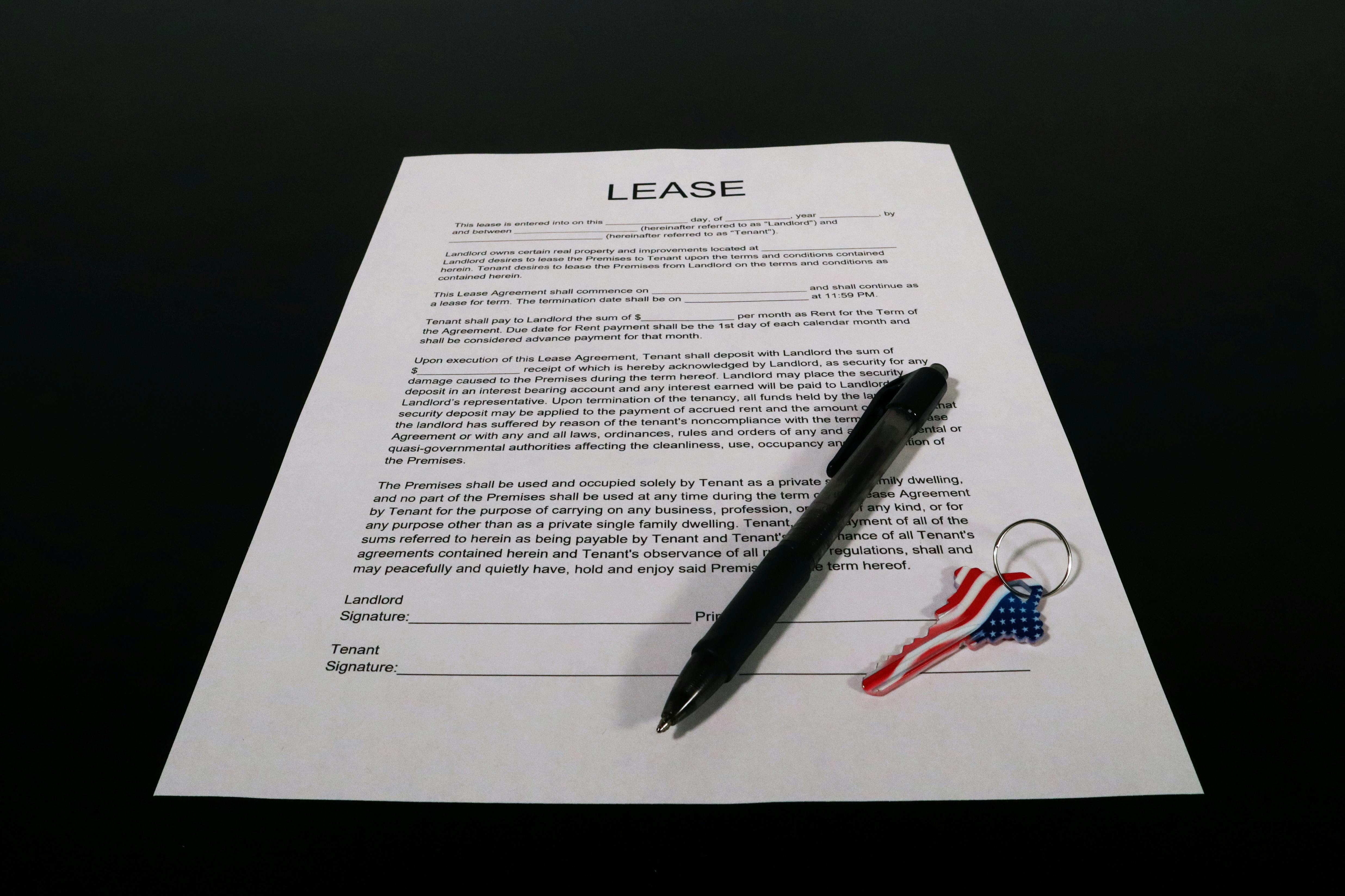
The Cultural Pivot: From Gatekeeper to Facilitator. Find out more about Idaho rental application fee regulation compliance.
While the mechanics above are necessary, the biggest impact will be cultural. The legislation is forcing a shift in mindset: property managers are moving from being *gatekeepers* who monetize the desperation of the housing search to *facilitators* who must quickly and fairly evaluate a limited pool of qualified candidates. In a market where only 34 rental homes are affordable for every 100 extremely low-income households [cite: 12 from second search], the pressure on available units is immense. When landlords respect the transactional integrity of the application process, they not only reduce their legal exposure but also foster a more positive reputation in a highly competitive environment. A positive reputation for fair process can be a significant advantage when looking at tenant retention strategy, as the process colors the entire tenancy relationship. Critics of the bill argue it represents government overreach into private business, suggesting that the free market should dictate these terms. Yet, the stories of renters paying $1,000 with no response suggest the market *failed* to self-regulate in this area. The government has stepped in, not to cap rent or mandate housing construction—the bigger, more complex issues—but to ensure that the *entry price* to apply for housing is no longer a barrier to basic dignity. This distinction is important: it’s regulatory guard-railing, not price control.
What About the Bigger Picture?. Find out more about Idaho rental application fee regulation compliance tips.
It’s easy for an owner to feel this is just one more compliance headache. But look at the wider context: The state is actively studying zoning reform via SCR 103. The legislature just passed substantial tax relief, indicating a desire to lower costs generally [cite: 2, 7, 9 from second search]. This fee regulation is perfectly aligned with a conservative-leaning impulse to remove bureaucratic friction where it causes demonstrable harm, while deferring to market-driven, long-term solutions for supply constraints. It’s about making the system *work* fairly today while the architects work on building more houses for tomorrow. The overall goal, after all, is to ensure the state’s economic success benefits all its residents, not just those who can absorb the high entry price of today’s cutthroat market.
Conclusion: Preparing for a Fairer, More Deliberate Future. Find out more about Property management software updates for new Idaho tenant laws definition guide.
The anticipated enactment of Idaho’s application fee legislation marks a definitive turning point for the property management sector. The days of mass, speculative fee collection are numbered. Compliance will hinge on meticulous logging, stringent adherence to the two-applicant rule, and complete upfront transparency regarding screening criteria. For property management professionals, viewing this not as an imposition but as an opportunity to elevate ethical standards is the best strategy. By implementing the procedural checklists outlined above—updating software, retraining staff, and negotiating with screening vendors—you move your operations from reactive defense to proactive leadership. This calculated adjustment ensures you remain compliant while positioning your management style as professional and candidate-respectful, which, in a market starved for quality housing, is a competitive advantage in itself. Staying ahead of these Idaho property management regulations is not optional; it is the prerequisite for operating successfully in the state’s evolving rental economy. We encourage all stakeholders to stay informed on the final legislative approvals and to prioritize ethical engagement with the next wave of Idaho renters.
